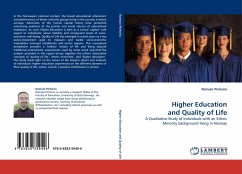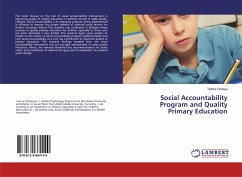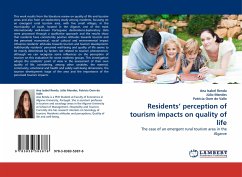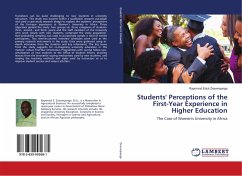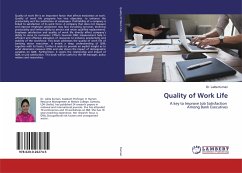In the Norwegian national context, the broad educational attainment and performance of ethnic minority groups living in the country is below average. Advocates of the human capital theory have presented convincing evidence of the private and social returns of educational endeavors. As such, Higher Education is seen as a critical capital with regard to individuals social mobility and consequent levels of socio-economic well-being. Quality of Life has emerged in recent years as a key policy-instrument used to measure and tackle socio-economic inequalities amongst inhabitants and across regions. This conceptual perspective provides a holistic notion of life and living beyond traditional econometric assessments used by some social scientists.The analysis provided in this report brings together the (often) dissociated concepts of quality of life , ethnic minorities , and higher education . The study sheds light on the nature of the impacts (direct and indirect) of individuals higher education experiences on the different domains of their quality of life, where, overall, a positive contribution is shown.
Bitte wählen Sie Ihr Anliegen aus.
Rechnungen
Retourenschein anfordern
Bestellstatus
Storno

